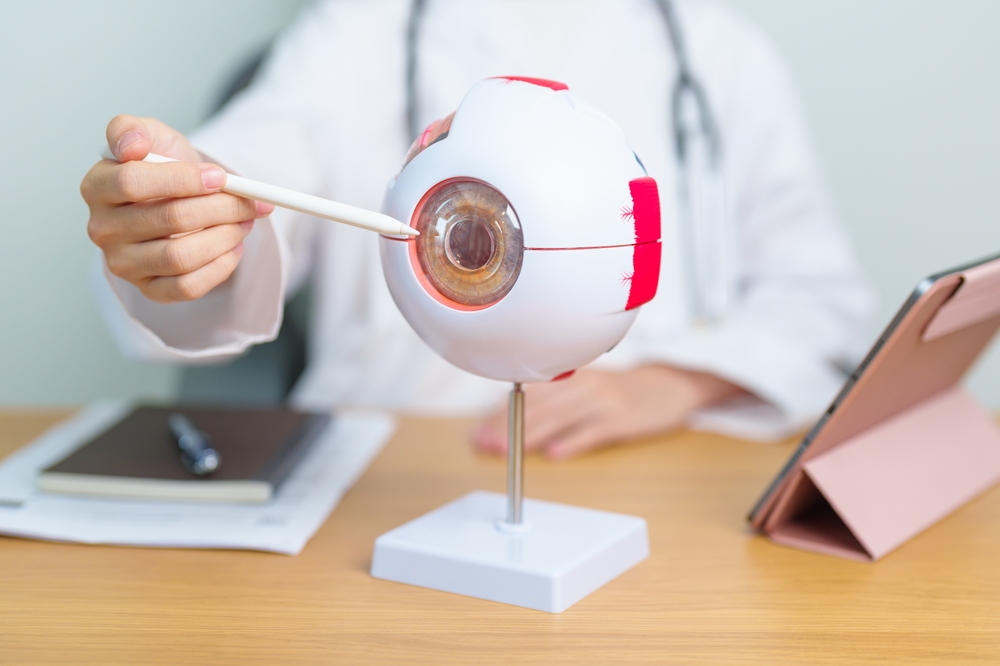
Cataracts are a common age-related eye condition that can cloud vision and make daily activities more challenging. While cataract surgery is the most effective way to restore clear vision, some individuals may not be ready or eligible for surgery. If you or a loved one are looking for non-surgical alternatives to manage cataracts, there are options that can help improve vision and maintain eye health.
Understanding Cataracts and Their Impact
Cataracts develop when the eye's natural lens becomes cloudy, often due to aging, prolonged UV exposure, or medical conditions such as diabetes. This clouding can cause blurred vision, increased glare, difficulty seeing at night, and dulled color perception.
Although surgery is the only permanent solution, early-stage cataracts can sometimes be managed with lifestyle changes, optical aids, and medical treatments.
Updating Prescription Eyewear
In the early stages of cataract development, adjusting your glasses or contact lens prescription can help compensate for vision changes. Specially designed lenses, such as those with anti-glare coatings, can reduce sensitivity to bright lights and enhance clarity.
Improved Lighting and Contrast Enhancement
Brighter, well-placed lighting in your home or workspace can make reading and other tasks easier. High-contrast visual aids, such as magnifiers or electronic reading devices, can also help improve clarity for individuals with cataracts.
Lifestyle Adjustments and Preventative Measures
Certain lifestyle changes can slow cataract progression and improve overall eye health, including:
• Wearing UV-protective sunglasses to reduce damage from sunlight.
• Maintaining a healthy diet rich in antioxidants like vitamins C and E, which support eye health.
• Avoiding smoking, as it increases the risk of cataract formation.
Prescription Eye Drops and Medications
While no FDA-approved eye drops can dissolve or reverse cataracts, some research suggests that antioxidant-rich eye drops may help slow progression. However, these treatments should only be used under the guidance of an eye doctor.
The Importance of Regular Eye Exams
Even if you are not experiencing severe cataract symptoms, routine eye exams are crucial for monitoring changes in your vision. An optometrist can track cataract progression, provide personalized recommendations, and determine when surgery may become necessary. Additionally, comprehensive eye exams can detect other eye conditions such as glaucoma or macular degeneration, ensuring timely intervention for any developing issues.
Schedule Your Eye Exam Today
While cataract surgery is the only way to completely restore vision loss caused by cataracts, non-surgical management strategies can help improve daily vision and slow progression. Adjusting your eyewear, optimizing lighting, adopting a healthy lifestyle, and attending regular eye exams can all play a role in maintaining eye health.
If you're experiencing changes in your eyesight or have concerns about cataracts, schedule an eye exam with our experienced optometrists at Broadview Eye Center. Visit our office in Berea, Broadview Heights, or Strongsville, Ohio. Call (440) 526-7070 or (440) 238-7865 to book an appointment today.









